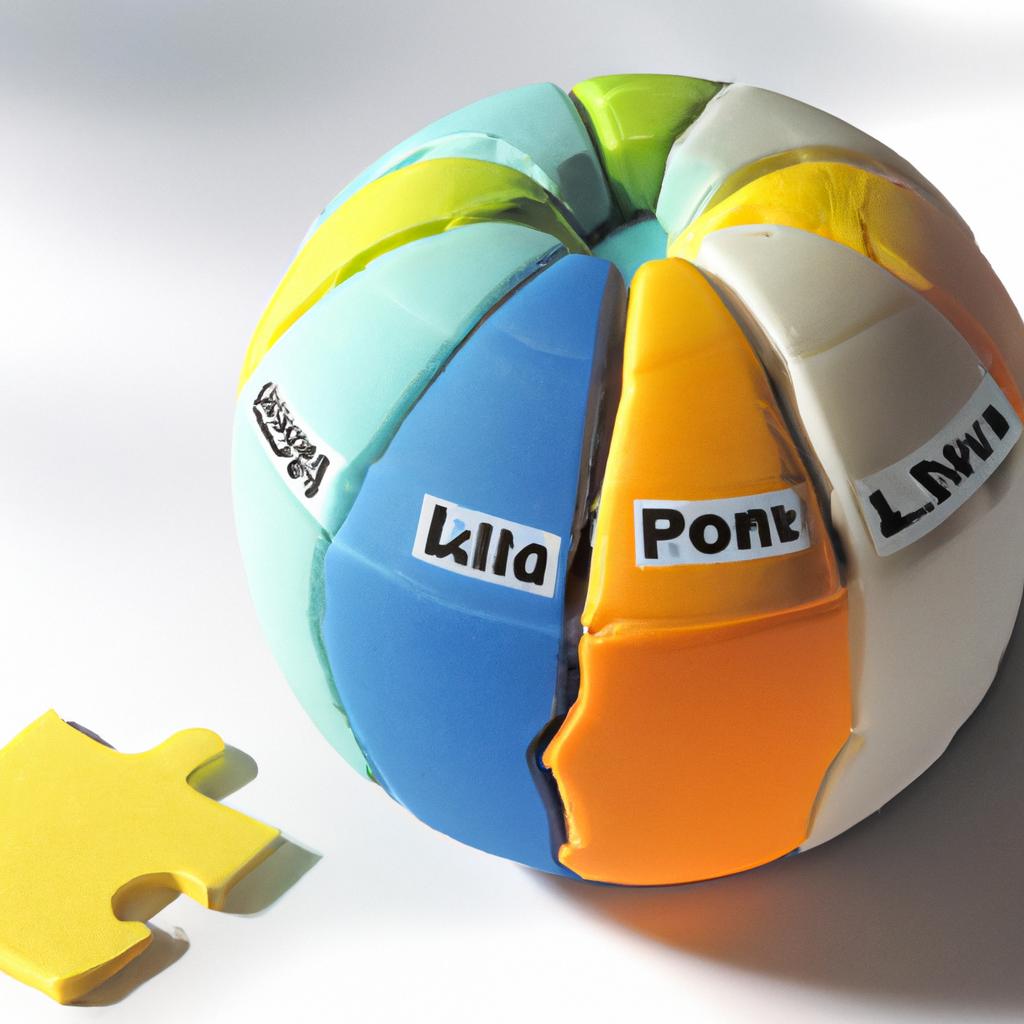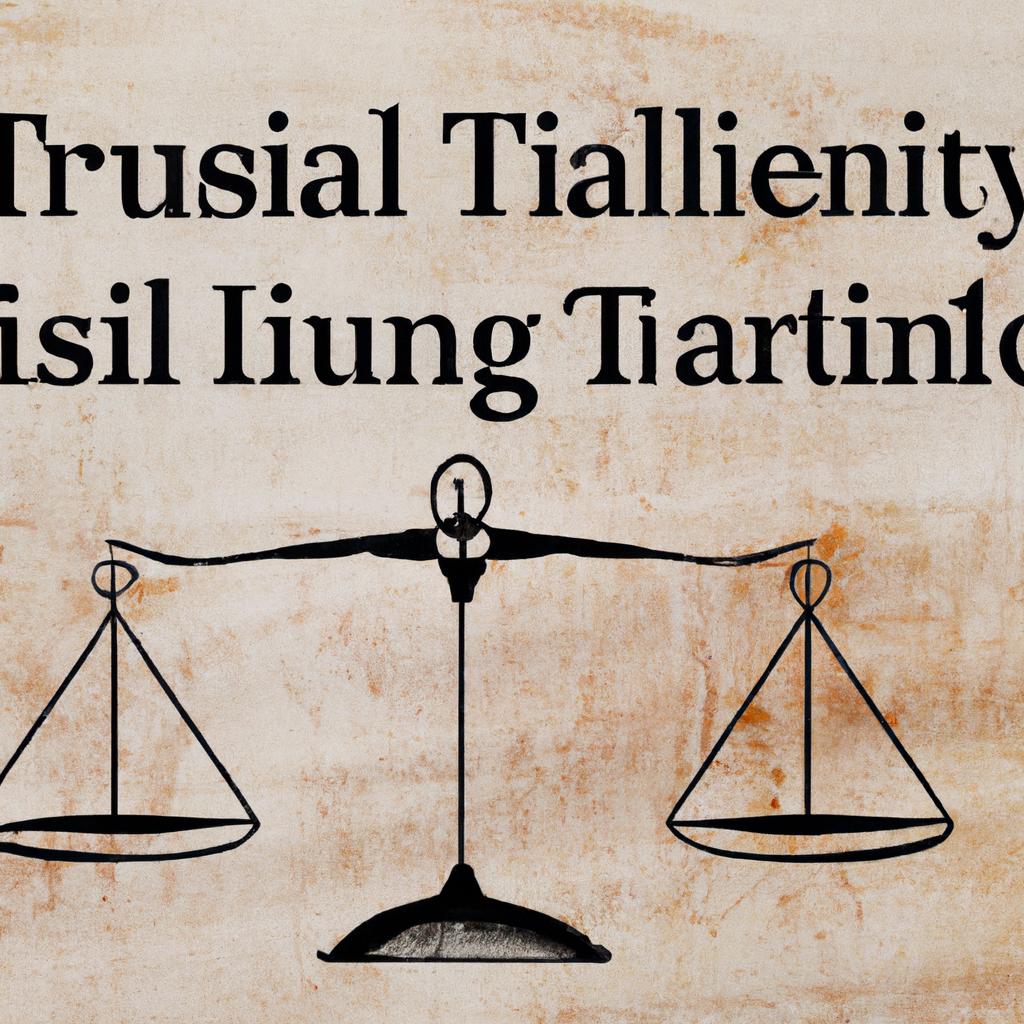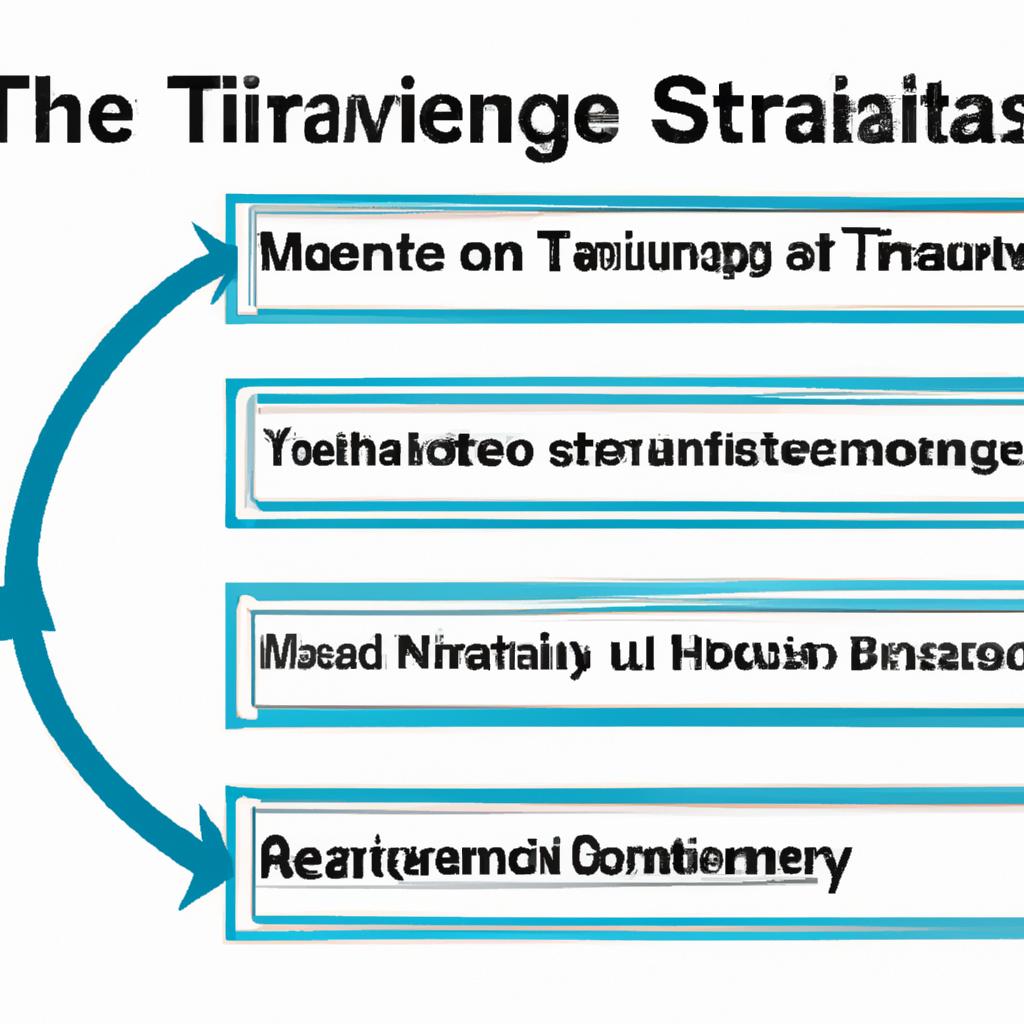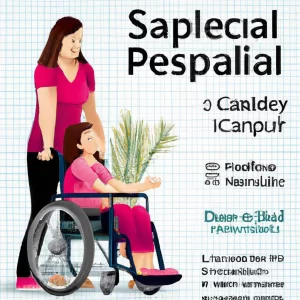In the intricate web of estate planning, the age-old question often arises: is trust truly better than inheritance? As seasoned legal practitioners at Morgan Legal Group in New York City, we navigate the complex world of Wills, trusts, and probate with precision and expertise. Join us as we delve into the nuanced considerations that accompany the decision between trust and inheritance, exploring the potential benefits and pitfalls of each path. Trust us, the answer may not be as straightforward as it seems.
Trusts: The Ultimate Tool for Preserving Wealth
When it comes to estate planning, many individuals wonder whether a trust is a better option than a traditional inheritance. The truth is, trusts can offer a number of advantages that go beyond just preserving wealth. With a trust, you can control how and when your assets are distributed, protect your assets from creditors, and minimize estate taxes.
One of the biggest benefits of a trust is its flexibility. Unlike a will, which is a one-time document that cannot be easily changed, a trust can be amended or revoked at any time. This means that you can adapt your estate plan to accommodate any changes in your financial or family situation. Additionally, trusts can help you avoid the lengthy and costly probate process, ensuring that your assets are distributed quickly and efficiently to your beneficiaries.

The Pitfalls of Relying Solely on Inheritance
When considering the distribution of your assets, it is important to weigh the potential pitfalls of relying solely on inheritance. While leaving an inheritance may seem like a straightforward way to pass on wealth to future generations, there are several drawbacks to this approach. One major concern is the possibility of estate taxes consuming a significant portion of the assets you intended to leave to your loved ones. In addition, relying solely on inheritance can create tension and disagreements among heirs, leading to family disputes and potential legal battles.
Instead of relying solely on inheritance, it may be more prudent to consider setting up a trust. Trusts offer a way to protect your assets from creditors, minimize estate taxes, and ensure that your assets are distributed according to your wishes. By establishing a trust, you can also provide for the long-term financial security of your heirs, as the assets held in the trust can be managed and distributed over time. Ultimately, choosing to use a trust rather than relying solely on inheritance can offer greater control, flexibility, and peace of mind when it comes to passing on your wealth.

Balancing Trusts and Inheritance: Crafting a Comprehensive Estate Plan
When considering the best way to distribute your assets to your loved ones, the decision between trusts and inheritance can be a tough one. While both options have their pros and cons, trusts offer some unique advantages that may make them a better choice for certain individuals. One key benefit of trusts is the ability to avoid probate, which can save time and money for your beneficiaries. Additionally, trusts can provide more privacy, as they are not part of the public record like a will. Trusts also offer greater control over how and when assets are distributed, allowing you to protect your assets from creditors, divorce settlements, and irresponsible spending by beneficiaries.
However, it’s important to consider the potential downsides of trusts as well. Creating and maintaining a trust can be more complex and costly than simply leaving an inheritance through a will. Trusts also require ongoing management and administration, which can be burdensome for some individuals. Ultimately, the decision between trusts and inheritance will depend on your unique circumstances and goals. Consulting with an experienced estate planning attorney can help you craft a comprehensive estate plan that balances the benefits of trusts with your individual needs and priorities.

Strategic Recommendations for Maximizing Trusts and Inheritance
In the realm of estate planning, the age-old debate of trust versus inheritance continues to spark discussions among families and individuals alike. While both options have their merits, trust arrangements offer a unique set of advantages that may suit certain circumstances better than traditional inheritance. By considering the following strategic recommendations, individuals can maximize the benefits of trusts and ensure a smooth transition of assets to their intended beneficiaries.
First and foremost, establishing a trust allows for greater control and flexibility over the distribution of assets. Unlike a straightforward inheritance, a trust can be customized to include specific conditions, such as age requirements or educational milestones, that must be met before beneficiaries can access their inheritance. This level of control can help protect assets from being squandered or mismanaged, ensuring that the intended legacy is preserved for future generations. Additionally, trusts offer a higher degree of privacy compared to wills, as they do not go through the probate process and therefore are not made public record. By carefully crafting a trust agreement with the guidance of experienced legal professionals, individuals can maximize the benefits of trusts and leave a lasting legacy for their loved ones.
Q&A
Q: Is trust better than inheritance?
A: It depends on your perspective and personal circumstances.
Q: Can you explain the difference between trust and inheritance?
A: Inheritance typically refers to assets or property passed down from one generation to another through a will or legal document. Trust, on the other hand, involves placing assets in a trust fund managed by a trustee for the benefit of designated beneficiaries.
Q: What are some potential benefits of using a trust instead of relying on inheritance?
A: Trusts can offer more control over how and when assets are distributed to beneficiaries, protection from creditors or lawsuits, and the ability to minimize estate taxes.
Q: Are there any downsides to choosing a trust over inheritance?
A: Trusts can be more expensive to set up and maintain than a simple inheritance plan, and they may limit the flexibility of beneficiaries to use the assets as they see fit.
Q: How can someone decide whether trust or inheritance is the right choice for them?
A: It’s important to consider your individual financial situation, family dynamics, and long-term goals when deciding between a trust and inheritance. Consulting with a financial advisor or estate planning attorney can help you make an informed decision.
In Retrospect
In conclusion, the debate between trust and inheritance is a complex one that ultimately depends on individual circumstances and beliefs. While inheritance may provide a sense of security and tradition, trust offers flexibility and the opportunity for growth. Ultimately, the decision between the two lies in balancing the practicalities of wealth transfer with the intangible value of trust and autonomy. Whether you choose to pass down your wealth through inheritance or establish a trust for your loved ones, it is important to carefully consider your options and make a decision that aligns with your values and goals. Trust or inheritance – the choice is yours.







